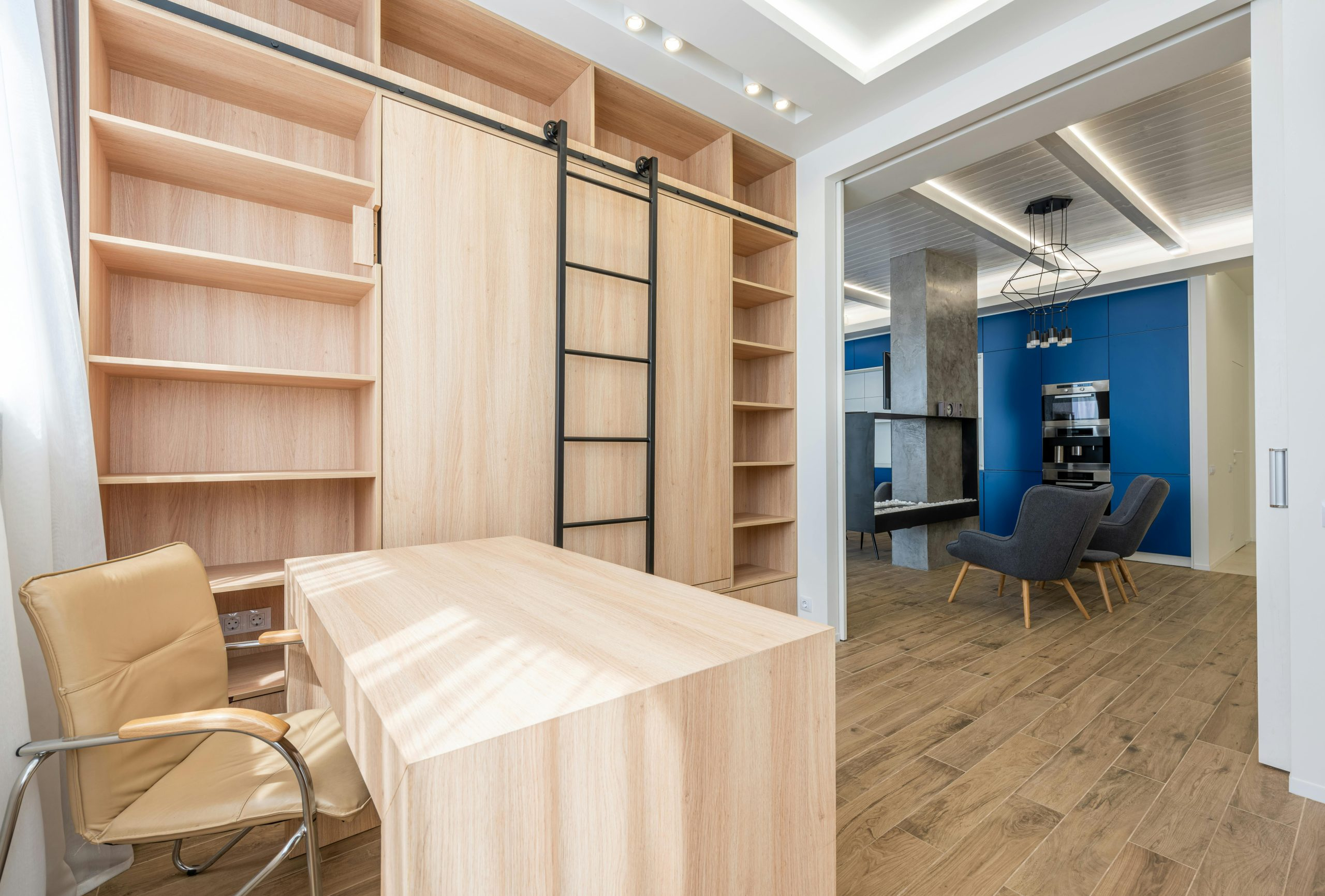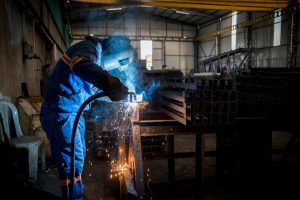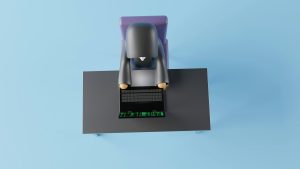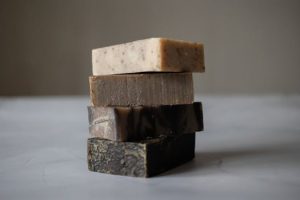Eco-Friendly Features That Increase Property Value
In recent years, there has been a growing concern for the environment and a push towards sustainable living. This awareness has also influenced the real estate market, with more and more home buyers looking for eco-friendly features in their new homes. Not only do these features benefit the environment, but they also add value to the property. In this article, we will explore some of the top eco-friendly features that can increase the value of your property. 
Energy Efficient Appliances
One of the biggest contributors to a home’s carbon footprint is its appliances. Older appliances tend to be energy guzzlers, consuming large amounts of electricity and increasing electricity bills. However, modern energy-efficient appliances, such as refrigerators, washing machines, and dishwashers, are designed to minimize energy consumption without compromising on performance. These appliances have high energy ratings and can significantly reduce a home’s carbon footprint, making it an attractive feature among environmentally conscious buyers.
Solar Panels
Harnessing solar energy is not only beneficial for the environment but also a great cost-saving measure. Installations of solar panels have become increasingly popular in homes, and it is listed as one of the features that can increase the value of a property. Solar panels can significantly reduce electricity bills by utilizing the sun’s energy to power a home. Additionally, homes with solar panels are seen as eco-friendly and sustainable, which makes them more desirable for buyers.
Smart Home Technology
Incorporating smart home technology in a property not only adds convenience but also enhances its energy efficiency. Smart home technology allows homeowners to control various aspects of their home, such as temperature, lighting, and security, remotely. By monitoring and adjusting energy usage, homeowners can reduce their carbon footprint, making their home more eco-friendly. As this technology becomes more popular, it is also becoming a sought-after feature among buyers, making it a valuable investment for homeowners.
Low-Flow Fixtures
Conserving water is another vital aspect of eco-friendly living. Low-flow fixtures, such as showers, toilets, and faucets, are designed to reduce water usage without compromising on performance. These fixtures have become popular in modern homes and are seen as a sustainable feature that adds value to a property. Apart from saving water, low-flow fixtures also help reduce water bills, making them a win-win for both the environment and homeowners.
Green Roofs
The traditional roof materials, such as asphalt shingles, have a short lifespan and often end up in landfills. Green roofs, on the other hand, are made up of living plants that absorb harmful greenhouse gases and release oxygen, making them a sustainable alternative. These roofs also provide natural insulation, reducing energy consumption, and lower heating and cooling costs. As more homeowners become conscious of their environmental impact, the demand for green roofs is on the rise, making it a valuable features that can increase property value.
Flooring Materials
The type of flooring in a home can also have an impact on its eco-friendliness. Traditional flooring materials, such as carpet and vinyl, are not sustainable and often release harmful chemicals into the environment. On the other hand, sustainable flooring materials, such as bamboo, cork, and reclaimed wood, are not only eco-friendly but also add a unique aesthetic to a property. These flooring options are durable and low maintenance, making them a desirable feature among buyers.
In conclusion, implementing eco-friendly features in a property not only benefits the environment but also adds value to the property. From energy-efficient appliances to green roofs, there are various options for homeowners to make their homes sustainable and attractive to buyers. As the demand for eco-friendly homes continues to rise, investing in these features can be a wise decision that ensures a significant return on investment in the long run.










